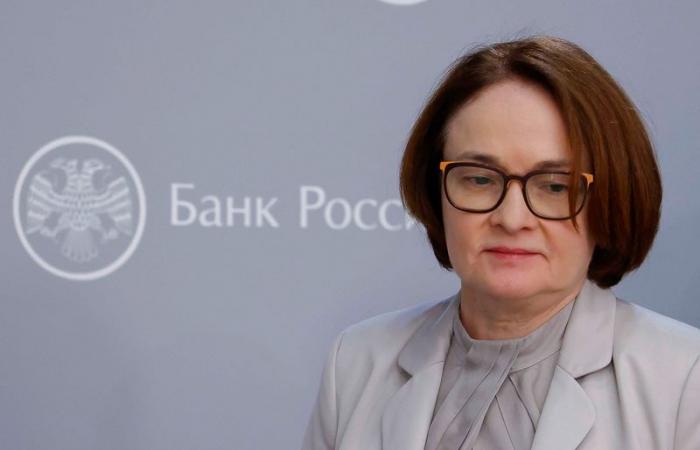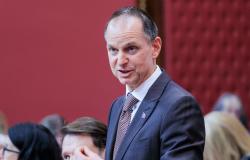Russian central bank governor Elvira Nabiullina has passionately defended the country’s banking sector to Communist Party lawmakers as criticism mounts over high interest rates and inflation.
Ms Nabiullina’s monetary policy was called into question after the central bank raised interest rates to 21% last month, with business figures, lobby groups and the government blaming the slowdown in investment on be due to exorbitant borrowing costs.
The central bank insists that labor shortages are the main problem when it comes to investment, and Ms. Nabiullina, in a closed-door meeting with Russian Communist Party lawmakers, sharply criticized the growing bank profits in a context of high interest rates.
Ms Nabiullina said banks had been hit hardest by the West’s sweeping sanctions on Russia following the February 2022 invasion of Ukraine, with profits falling well more than those of other sectors in 2022 and that the share of banks’ profits in the overall economy was only just catching up with pre-war levels.
“The health of the banking system allowed us to withstand this crisis,” Ms. Nabiullina said, according to a video posted by a Communist Party lawmaker late Tuesday. “Banks have restructured a large number of loans to businesses, small and medium-sized businesses and individuals.
Persistent and galloping inflation has led the central bank to pursue an increasingly tight monetary policy and Russia has seen a wave of butter thefts in recent weeks, due to soaring prices of dairy products, in particular.
Russia’s real mortgage rates, the difference between the inflation rate and the nominal interest rate, are around 12.3%, according to a BestBrokers report, among the highest raised in the world.
Swiss






